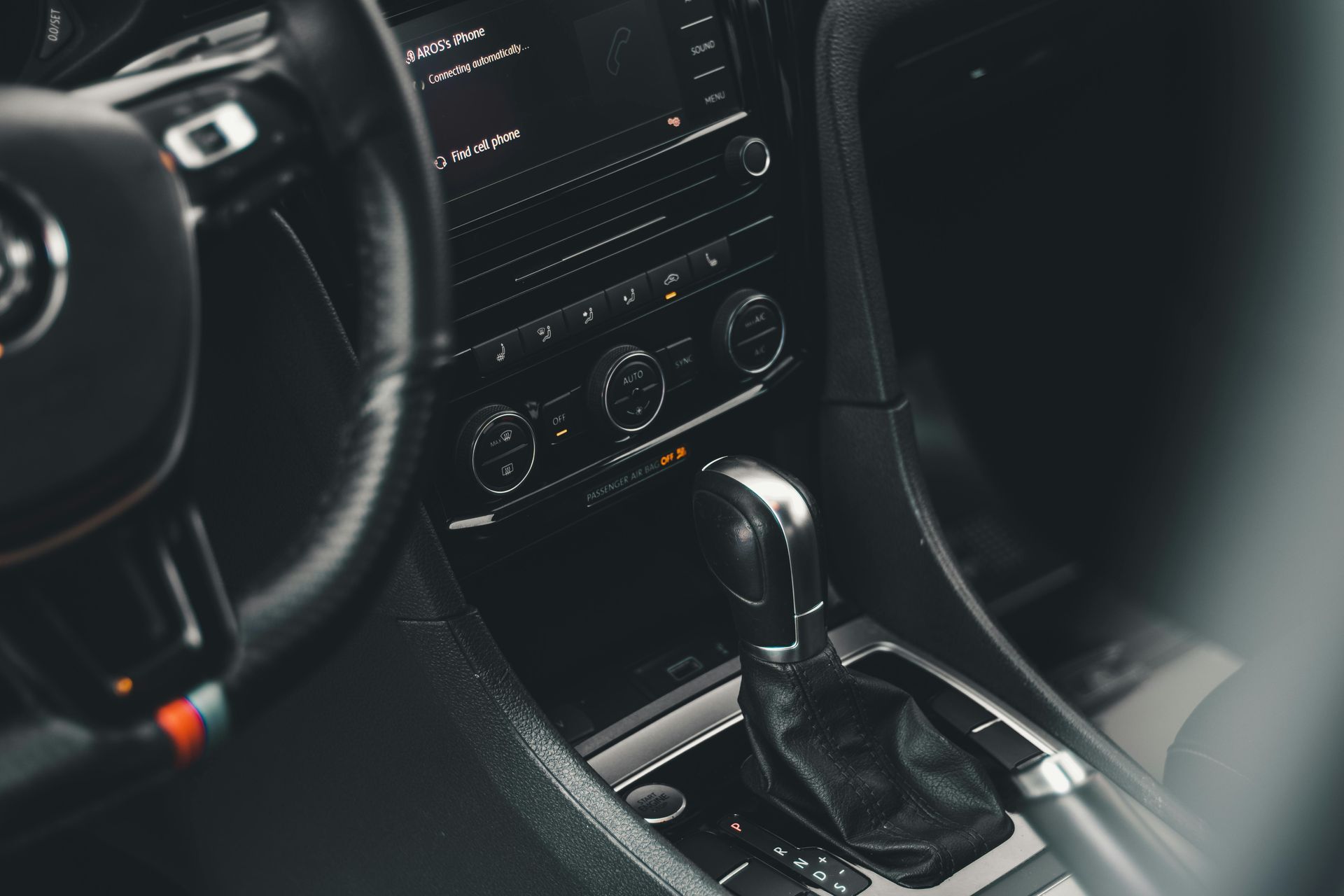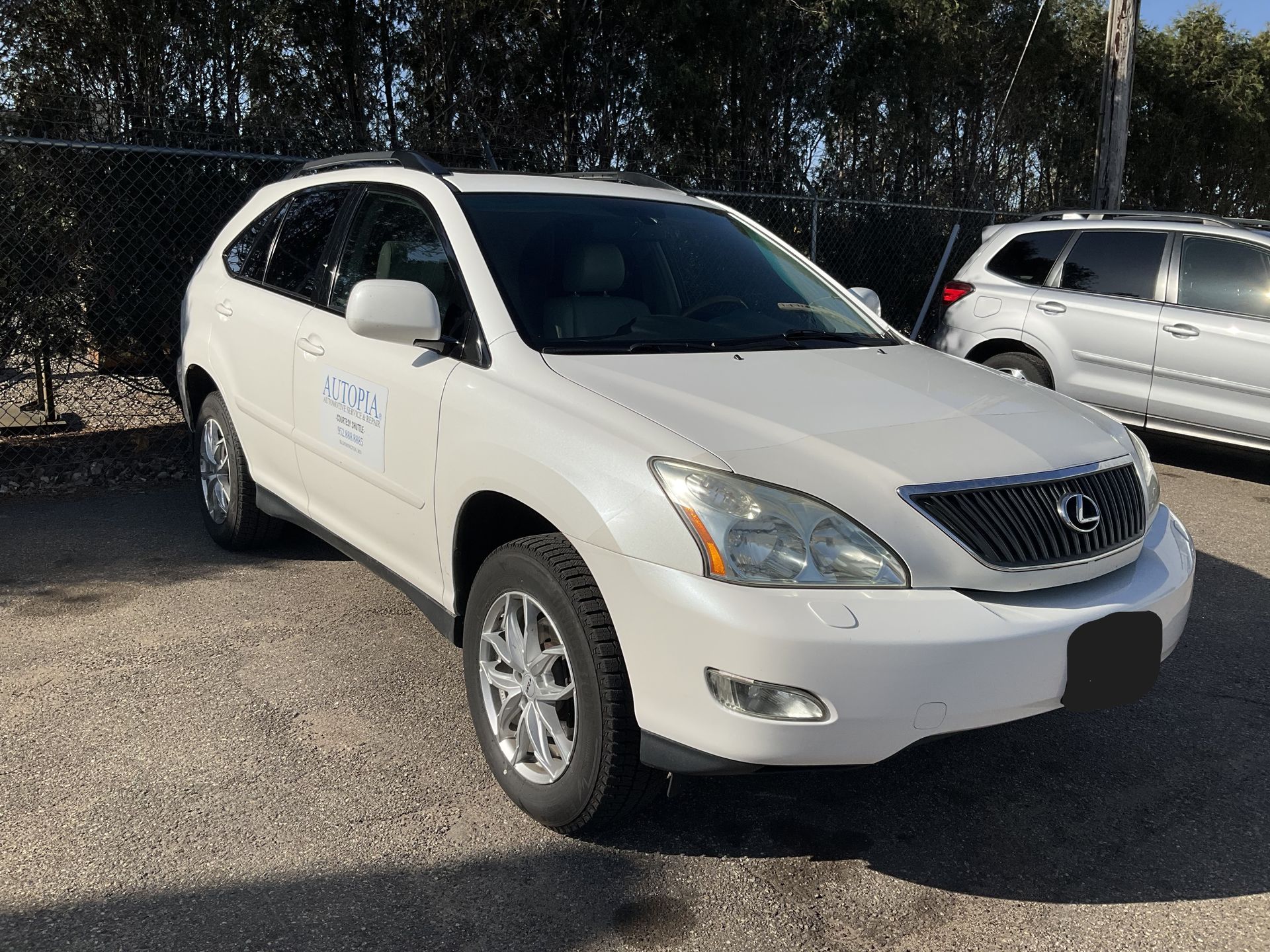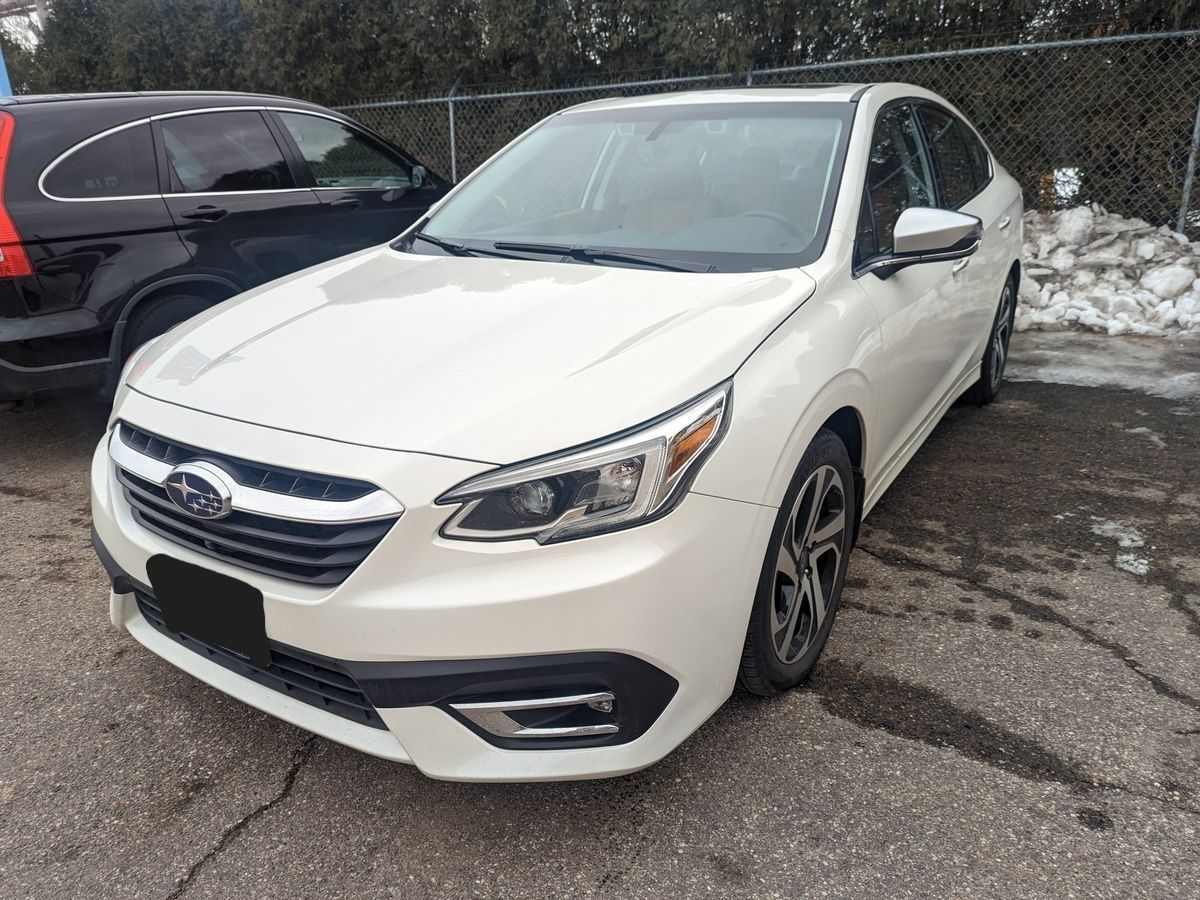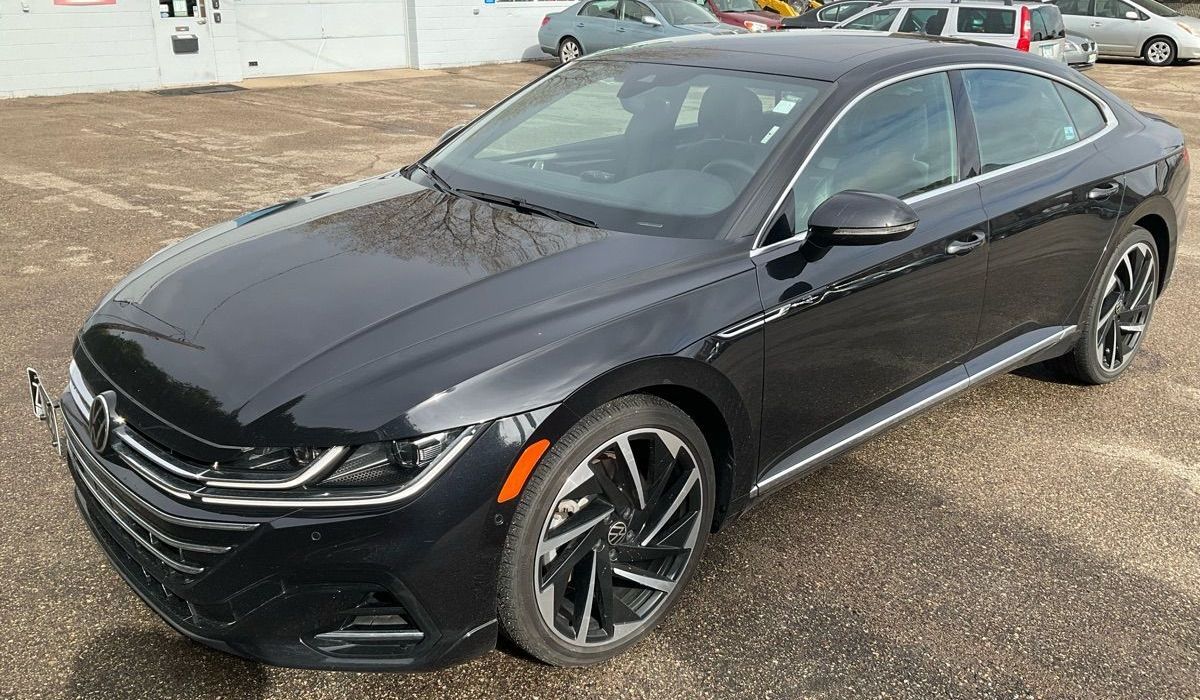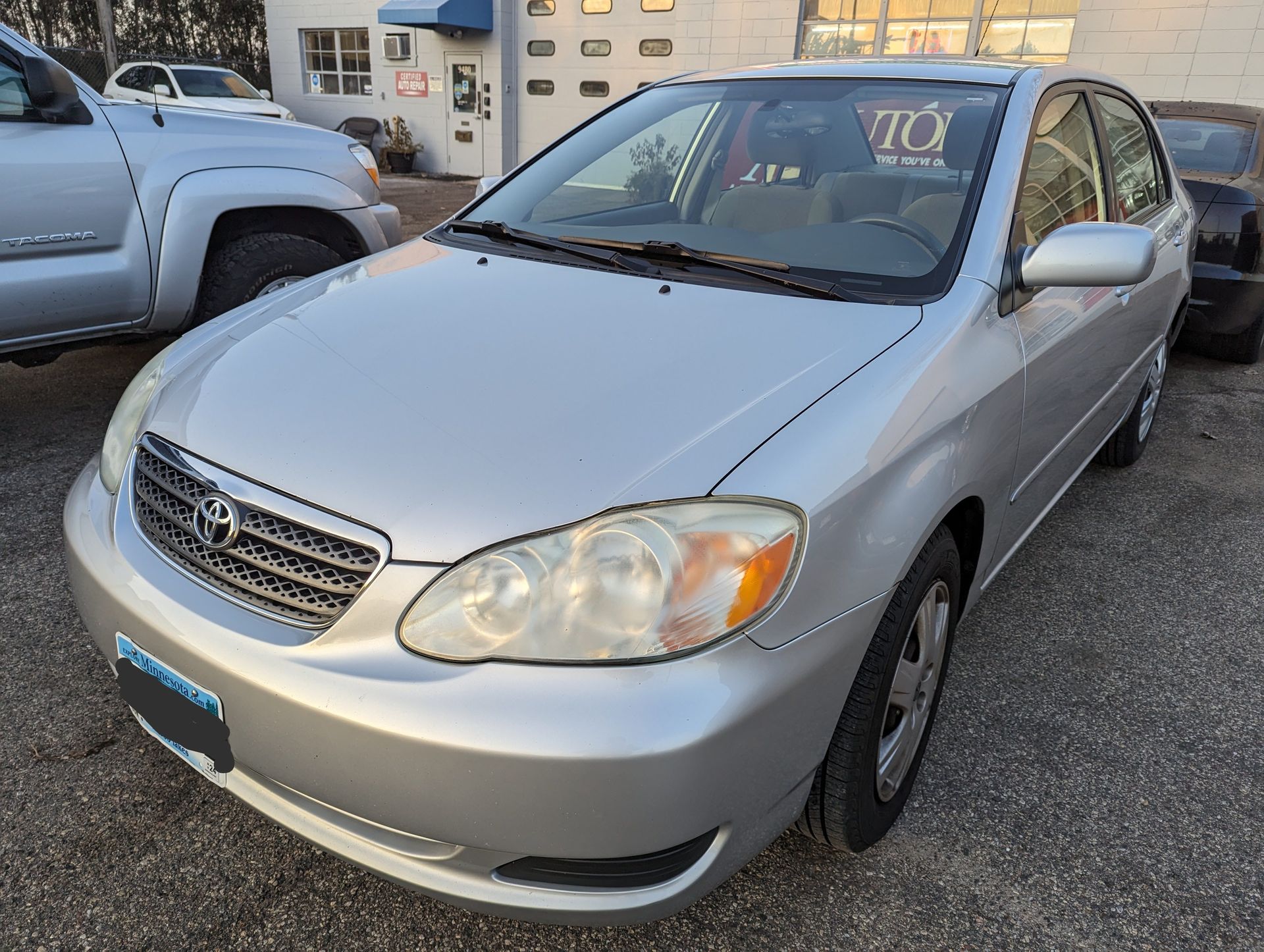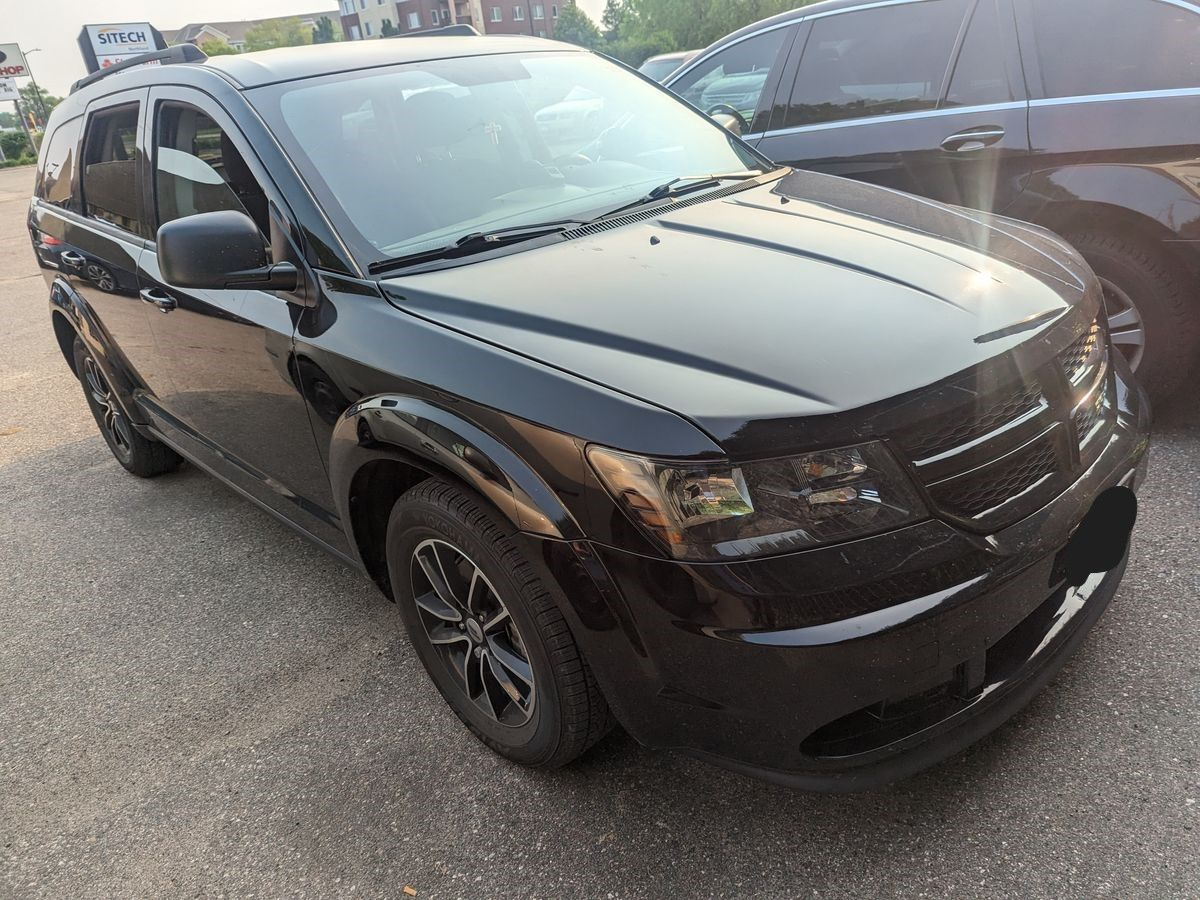Is Your Volkswagen Losing Power? 5 Warning Signs You Shouldn’t Ignore

Volkswagen vehicles are known for their reliability and smooth performance, but like any car, they can experience issues over time. One of the most frustrating problems you may encounter is a loss of power, which can affect your driving experience, safety, and fuel efficiency. Power loss in your Volkswagen could be caused by a variety of factors, and it’s essential to address the issue promptly to avoid further damage and costly repairs. At Autopia Bloomington, we specialize in keeping Volkswagens running at peak performance. If you notice any of these five warning signs, it’s time to schedule a service appointment with our expert team.
1. Sluggish Acceleration
If your Volkswagen feels sluggish when accelerating, it could be a sign that the engine isn’t getting enough power. This could be caused by several issues, including problems with the fuel system, a clogged air filter, or a failing spark plug. In some cases, a malfunctioning turbocharger or transmission issues could also contribute to sluggish acceleration.
What to do:
- Get your fuel system checked for clogs or leaks.
- Ensure your air filter is clean and free of debris.
- Have your spark plugs inspected and replaced if necessary.
2. Unusual Noises from the Engine
Any strange noises coming from the engine, such as knocking, sputtering, or whining, could indicate an underlying problem. These sounds may be related to engine misfires, issues with the fuel system, or failing components like the alternator or timing belt.
What to do:
- Bring your car in for a comprehensive engine inspection.
- Have the fuel system and ignition system checked for issues.
- Don’t ignore unusual sounds—early detection can prevent severe damage.
3. Poor Fuel Efficiency
If your Volkswagen is consuming more fuel than usual, it’s a clear indicator that something is wrong. Reduced fuel efficiency can result from problems with the engine’s combustion process, malfunctioning sensors, or even a dirty fuel injector. When your car loses power, it may require more fuel to maintain speed, which can significantly increase your fuel expenses.
What to do:
- Have the fuel injectors cleaned or replaced if necessary.
- Check your oxygen sensors to ensure they are functioning correctly.
- Keep track of your fuel consumption to catch any irregularities early.
4. Check Engine Light Is On
The check engine light can indicate a wide range of issues, from minor to major, but if it’s on and you notice a loss of power, it’s time to take action. This could be a sign of problems with the engine control unit (ECU), transmission, turbocharger, or exhaust system. A quick diagnostic test can pinpoint the cause of the issue.
What to do:
- Don’t ignore the check engine light—schedule a diagnostic test with a professional.
- Address the root cause of the issue as soon as possible.
- Continue regular maintenance to avoid future issues.
5. Stalling or Hesitation During Driving
If your Volkswagen is stalling or hesitating while driving, this could point to an issue with the fuel delivery system or the ignition system. Problems with the battery, alternator, or even the transmission can also cause these symptoms. In any case, stalling while on the road can be dangerous and should not be ignored.
What to do:
- Have the fuel delivery system, including the fuel pump and fuel injectors, checked for issues.
- Test the battery and alternator to ensure they’re functioning properly.
- If you’re experiencing hesitation, get the ignition system and transmission checked.
Why Prompt Action Is Important
Ignoring power loss issues in your Volkswagen can lead to more severe damage down the road. Not only will this result in costly repairs, but it could also put you at risk while driving. Early detection and regular maintenance are key to avoiding power-related issues in your Volkswagen.
At Autopia Bloomington, our team of Volkswagen experts is equipped to handle any performance-related concerns your car may have. We specialize in diagnosing and fixing issues that can cause power loss, ensuring your car stays safe, reliable, and fun to drive.
Frequently Asked Questions About Volkswagen Power Loss
How can I tell if my Volkswagen’s power loss is due to the engine or transmission?
If you notice jerking or slipping during acceleration, the issue may be with your transmission. If the power loss is more consistent, especially during driving or idling, it could be related to the engine or fuel system.
What should I do if the check engine light comes on?
Do not ignore the check engine light. It’s essential to get your Volkswagen checked by a professional as soon as possible to diagnose and address the issue before it leads to more significant damage.
Can a bad fuel pump cause power loss?
Yes. A malfunctioning fuel pump can lead to insufficient fuel supply, causing your engine to lose power, struggle to accelerate, or even stall.
How often should I maintain my Volkswagen to avoid power loss?
Routine maintenance, including oil changes, air filter replacement, spark plug inspections, and fuel system cleanings, should be done every 10,000 miles or as recommended by your vehicle’s manual. Regular maintenance helps prevent issues before they arise.
Is it safe to drive with power loss?
Driving with power loss can be dangerous, especially if it affects acceleration, braking, or your vehicle’s ability to stay on the road. If you experience power loss, it's best to have your car checked immediately.
Trust Autopia Bloomington for Your Volkswagen’s Maintenance Needs
If you notice any of the signs of power loss in your Volkswagen, don’t wait—schedule an appointment with Autopia Bloomington today. Our expert team will perform a thorough diagnostic check and make sure your vehicle is running smoothly and safely, so you can enjoy the performance you expect from your Volkswagen.
Contact us today to book your appointment and keep your Volkswagen running at its best!


